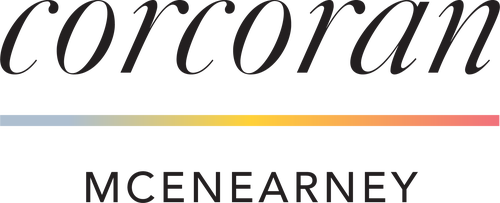FAQ for Home Buyers
At Corcoran McEnearney, one of our passions is helping our buyers navigate today's real estate market. We also believe the reality of homeownership is something that should be made more widely available and shouldn't ever be limited to a select few. Your trusted Corcoran McEnearney associate will help guide you through the current market trends, will help advise you on the various types of loan and down payment assistance programs that are available and will be your advocate throughout the entire home buying process.
1. What to do if your credit is not great?
Below are a few things you can do to help repair your credit and raise your credit score.
- Review Your Credit Report - It is important to know what is on your credit report. You will want to dispute any inaccuracies or missing information by contacting the credit reporting agency and your lender
- Pay Your Bills on Time - While this may be easier said than done, your payment history is the main driver of your credit score. Missed or late payments could have an affect on your credit score for years to come.
- Catch Up on Past Due Bills - You will want to take care of any past due bills or contact your lender if you are struggling to make the payments. They may be able to set up a payment plan that will help.
- Consider a Secure Credit Card - While it works like a traditional credit card, a secure card is one that requires you to put money down as a security deposit to open the account.
- Become an Authorized User - If there is someone you trust with a good credit score they can add you as an authorized user to their account. You can make purchases but they are responsible for the payments. Their responsible use can help your credit and boost your score.
- Keep Some of Your Credit Available - By keeping your credit utilization below 30% can show you are managing your credit responsibly and not overspending.
- Stay on Top of Your Progress
2. What is the truth about down payments?
Many prospective buyers believe that you need to have a large down payment (10% or more of the contract price) in order to be able to purchase a home. While there can be some advantages to putting more money down, the truth is there are several different options for smaller to no down payment loans. It is important to speak to a qualified loan officer that will guide you through your options and help you decide what type of loan works best for you.
3. What does the buying process look like?
The first step in the process is to hire a real estate professional to discuss what it is you are looking for in a new home. Together you will discuss things like location, your wants and needs, budget, architectural preferences and much more. They will also make sure you are working with a qualified mortgage lender and that you are applying for the type of mortgage that works best for you. Along with your agent, you will tour properties to eventually identify the one you wish to purchase. They will help you write an offer while discussing things like price, any contingencies you wish to have within your offer, the financing and any other terms. Once your offer is accepted (ratified), you will work through any contingencies like a home inspection or a financing contingency. During this time you will be working with your lender to secure your financing on the property. Once all contingencies are satisfied and your loan has been approved, your agent and lender will help you prepare for settlement which is when you officially take ownership of the property.
4. How to buy if you are self-employed
If you are self-employed the process of buying a new home is no different than it would be for someone who is not. The difference between the two employment statuses as it pertains to purchasing a property revolves around financing. When you are self-employed, your mortgage lender may require additional years of tax returns, additional documentation about your company and its financials and may require a greater number of bank and/or investment statements than they would for someone who is not self-employed. This is why it is very important that you work with a qualified mortgage lender that can guide you through the process and make everything as seamless as possible.
5. What is buying a home actually going to cost?
When you are buying a home, there are fees and taxes that you will pay in addition to the agreed-upon contract price. We commonly refer to these as “closing costs” and they will vary slightly depending on where you are buying. These costs come in the form of state and local taxes that are charged for the purchase and the sale of a property and are based on the contract price. You will also have costs that come with obtaining a mortgage like an appraisal and money that will go towards setting up your escrow account that does things like pay your property taxes. There is no set amount for closing costs as it will vary depending on the jurisdiction in which you are buying and how your contract is structured. However, most real estate agents and mortgage lenders will tell you that an average for closing costs is between 2% and 3% of the purchase price but this can vary. Your real estate agent and your lender will walk you through all of the additional costs involved in purchasing a property.
6. What is a bidding war?
A bidding war as it is often referred to is when there are multiple different groups that are trying to purchase the same property. This will often result in one or more of the groups offering to pay above the asking price. Your agent will advise you on the best strategy for when you find yourself in a multiple offer or bidding war situation. The strategy may include shortening or eliminating some contingencies or offering to pay above the list price.
7. What does this market mean for you?
One of if not the most common questions a real estate agent will get is "how is the market?". One may think that this is an easy question to answer but it’s actually quite complicated. If you are a homeowner when and where homes are selling very quickly then it’s a great market for you. Conversely, if you are looking to buy in that market then you know that you might not have any room to negotiate and that you might have to pay over the asking price which makes it a challenging market for you. As you can see, the same real estate market can mean two very different things to different people. Your real estate professional will guide you through the ever-changing real estate market by keeping you up to date on market trends, helping strategize the best way to navigate the current market trends, and to ensure that you have all of the information and data necessary to make the best decision possible.






